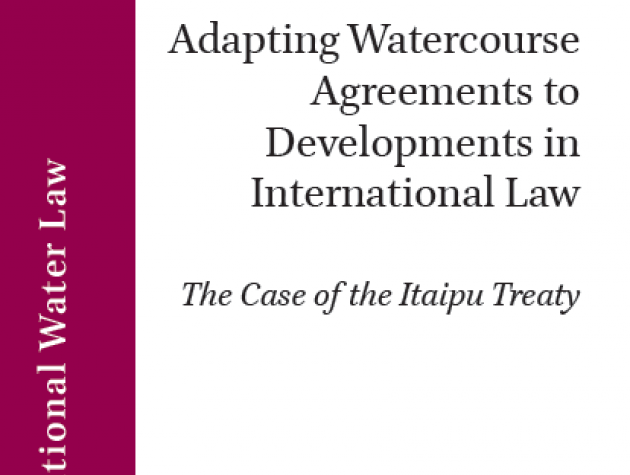Fit for purpose? Reworking the 21st century global economy
How can we re-design the global economy so that it is fit for the 21st century? Humanity’s 21st century challenge is to meet the needs of all within the constraints of the planet. In other words, to ensure that no one falls short on life’s essentials (from food and housing to healthcare and political voice), while ensuring that collectively we do not overshoot our pressure on Earth’s life-supporting systems, on which we fundamentally depend – such as a stable climate, fertile soils, and a protective ozone layer.
Kate Raworth, author of the best-selling 'Doughnut Economics: Seven Ways to Think Like a 21st-Century Economist', and presenter of one of the top 10 TED talks in 2018, will share her ideas for how to restructure the global economy so that we are living within social and planetary boundaries. The event was moderated by Dr Emily Jones, Director of the Global Economic Governance Programme and Associate Professor in Public Policy, Blavatnik School of Government.







